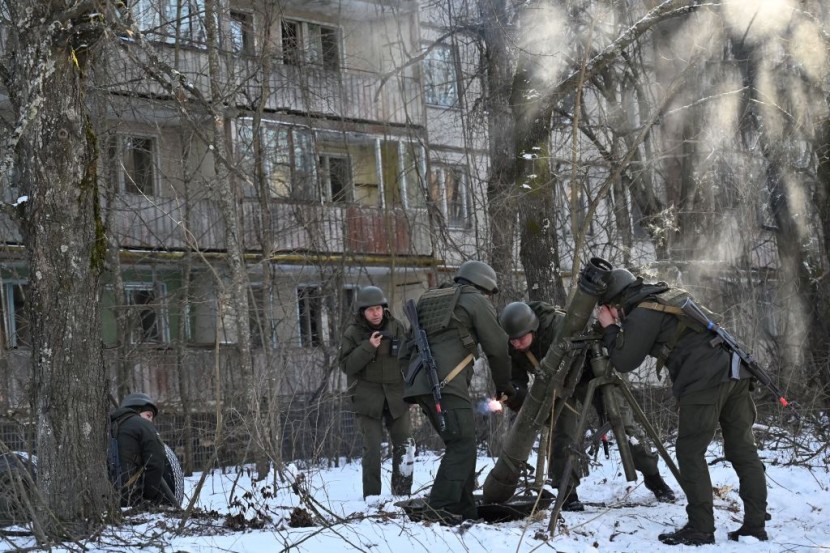
Russian forces seized Chernobyl nuclear power plant after a fight against Ukrainian troops when Moscow began its strike on the eastern European country.
Ukraine's Presidential Adviser Mykhailo Podolyak announced the incident and considered it among "the most serious threats in Europe."
But what does Russia gain in taking over the infamous power plant?
After a failed safety test at the atomic plant's fourth reactor, the Chernobyl disaster in then-Soviet Ukraine spread clouds of radioactive material throughout much of Europe in the mid-1980s. Per Forbes, it became a tourist attraction decades later. But a week before, Russia attacked Ukraine, and the Chernobyl zone was closed to travelers.
On April 26, 1986. the nuclear power plant in Pripyat, Ukraine, exploded, resulting in the world's worst nuclear accident. Estimated 9,000 individuals died due to radiation exposure based on the records from the United Nations, the World Health Organization, International Atomic Energy Agency.
The radiation from the explosion spread as far as the United Kingdom, which is almost 1,500 miles away from Ukraine. According to reports, more than 2 million people, including roughly 450,000 children, are still receiving medical services due to the explosion, according to data obtained from the Ukrainian Health Ministry.
The first video from the captured Chernobyl nuclear power plant. Ukraine's PM Shmyhal has confirmed that the exclusion zone and all the NPP facilities have come under the control of the Russian forces. pic.twitter.com/D1da62UiRV
— Tadeusz Giczan (@TadeuszGiczan) February 24, 2022
Russia Wants To Make a Statement
Reuters reported that one Russian security source noted that the reason why Russia captured the Chernobyl area was to make a statement for NATO not to make military interference.
The nuclear power plant has historical significance for Russia. Mikhail Gorbachev, the Soviet Union's president during the Chernobyl disaster, has stated that the accident "was perhaps the real cause" of the Soviet Union's collapse, even more than his policy to reorganize the economy and political framework.
Julie Bishop, former Minister for Foreign Affairs of Australia, believes that the seizing of the Chernobyl plant "makes no sense" unless Russian President Vladimir Putin is attempting to issue a warning to nations of the world that "Russia is a nuclear power," per ABC.
For Alexy Muraviev, national security and strategic expert at Curtin University, Moscow forces took over the power plant to protect it because they consider it a strategic asset near the border. He said that Russia wants to ensure "nuclear safeguards are in place. "
Read Also: China: Joe Biden, USA to Blame for 'Fanning Up Flames' Leading to Russia's Invasion of Ukraine
For Strategic Advantage
Security fellow Samantha Turner of the Truman National Security Project says that though the area is already abandoned and the nuclear power plant is not operational anymore, combat in the area could lead to spillage of radioactive waste. She also said that it gives Russian troops access to the Dnipro River that extends from Kyiv to the nation of Belarus, an ally of Russia.
Though the area does not hold "battle-determining" importance, it gives Moscow troops "opening up different corridors for troop movement and controlling key terrain." she told BBC.
But for Ukrainian President Volodymyr Zelensky, Russian forces' seizing of the Chernoby area signifies something that should be taken seriously. Moments after the zone was captured, he tweeted that Ukraine's "defenders are giving their lives" to prevent the "tragedy of 1986" from happening again.
"This is a declaration of war against the whole of Europe," Zelensky said.








